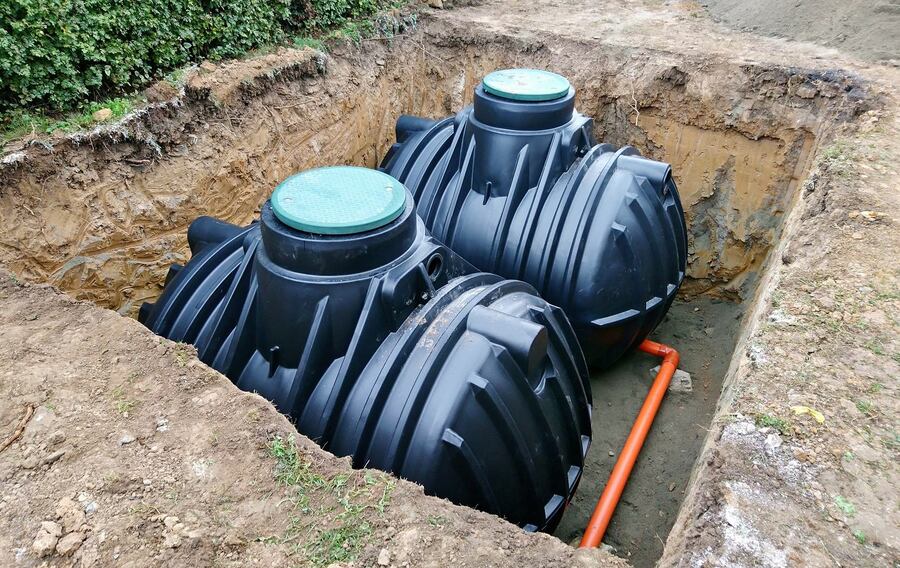
15
Installing a new septic system is a significant undertaking that requires careful planning and consideration. Whether you're building a new home or replacing an existing system, several factors must be evaluated to ensure the optimal functionality and longevity of your septic system. Before proceeding with installation, here are three key considerations to keep in mind.
Before installing a new septic system, a thorough site evaluation is essential to determine the suitability of the location and comply with local regulations. Factors such as soil composition, groundwater levels, topography, and proximity to water bodies must be assessed to ensure proper functioning and prevent environmental contamination.
Engage the services of a septic company to conduct a site assessment and obtain the necessary permits and approvals from local authorities. Failure to comply with regulatory requirements can result in costly fines and delays in the installation process. Additionally, consider any potential future developments on your property that may impact the location or design of the septic system.
The design and capacity of your new septic system must be tailored to meet the specific needs of your household and property. Factors such as the number of bedrooms, daily water usage, soil permeability, and available space will influence the selection and sizing of the septic tank and drainage field.
Consult with a qualified septic tank installation expert to design a system that effectively handles the anticipated wastewater flow while adhering to local regulations. Consideration should also be given to future expansion or modifications that may be required as your household grows or water usage patterns change over time.
Proper maintenance is crucial to the longevity and efficiency of your new septic system. Before installation, consider the long-term maintenance requirements and associated costs to ensure that you can adequately care for your system over its lifespan.
Establish a regular maintenance schedule that includes septic tank pumping, cleaning, and inspections by a professional septic company. Routine maintenance helps prevent clogs, leaks, and other issues that can lead to costly septic tank repairs or system failures. Additionally, familiarize yourself with the signs of septic system problems, such as foul odors, slow draining fixtures, or sewage backups, and address any issues promptly to avoid more significant problems down the line.
Budgeting for ongoing maintenance is essential to avoid unexpected expenses and ensure the continued functionality of your septic system. Factor in the cost of routine septic tank cleaning services, as well as any potential repairs or upgrades that may be needed over time. Investing in regular maintenance now can save you money and headaches in the future by extending the lifespan of your septic system and minimizing the risk of costly septic tank repairs.
Installing a new septic system requires careful consideration of various factors to ensure its proper functioning and compliance with regulations. By conducting a thorough site evaluation, designing a system tailored to your household's needs, and planning for long-term maintenance, you can enjoy a reliable and efficient septic system for years to come. Consultation with a qualified septic tank installation expert at Charlotte Septic Pros is essential throughout the process to ensure that your new system meets your specific requirements and regulatory obligations.
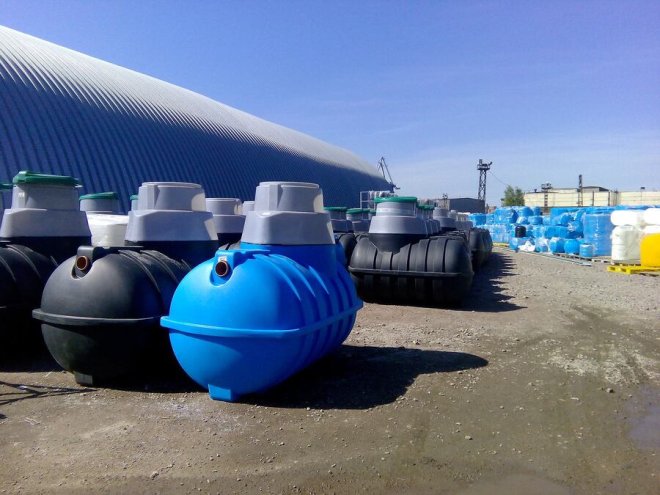
28
How to Prepare for Septic System Installation Installing a septic system is a major investment for any property that lacks…
Read more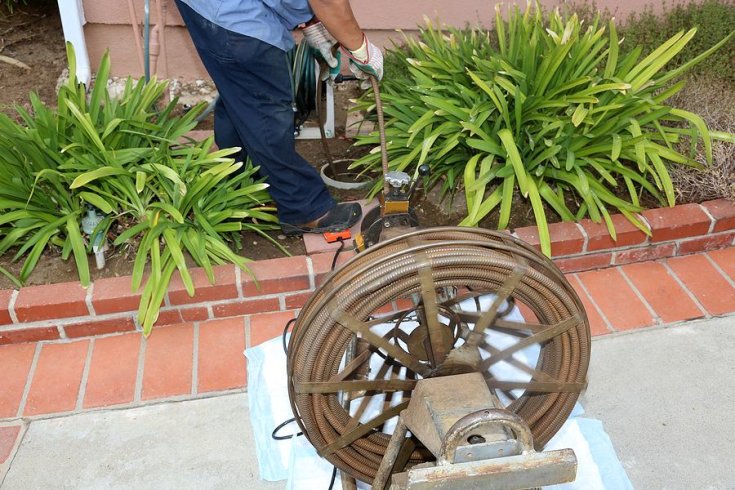
20
How Main Drain Cleaning Can Prevent Sewer Backups Sewer backups are one of the most unpleasant plumbing emergencies homeowners can…
Read more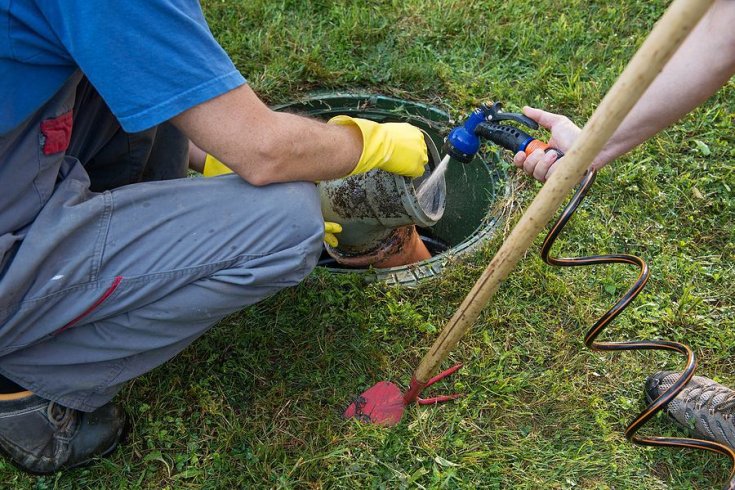
13
What to Do When You Have Drainage Problems Drainage problems can be frustrating and cause serious damage if left untreated.…
Read more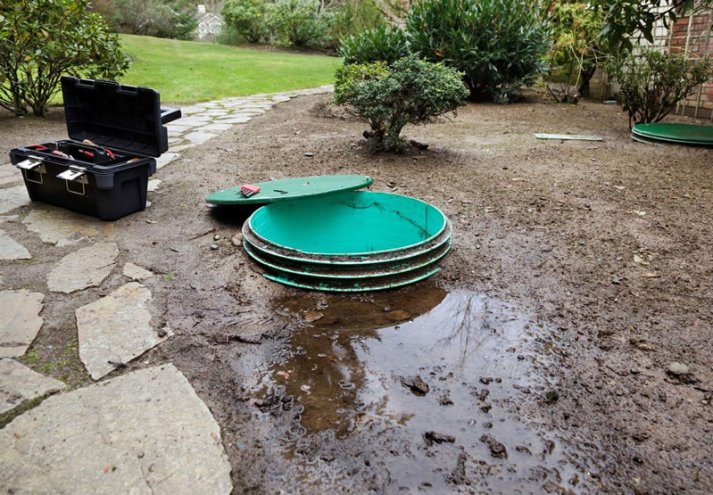
04
Signs and Causes of Septic Leaks A leaking septic system can pose serious health and environmental risks. If left untreated,…
Read more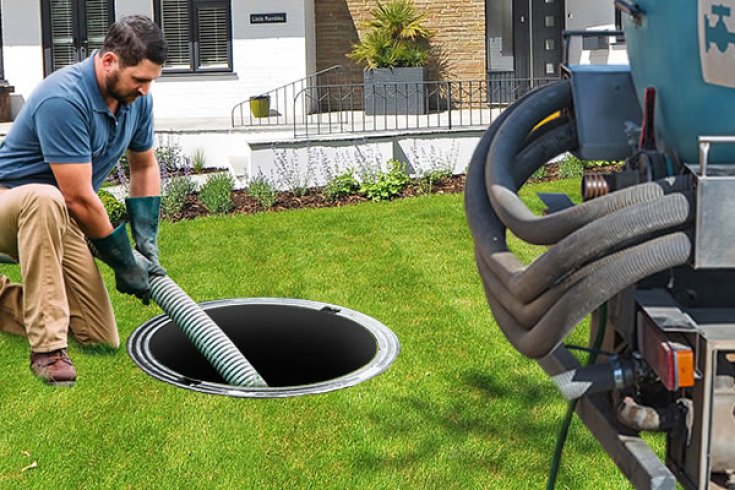
02
Unusual Septic Tank Blockages: Keeping Your Septic System Healthy A properly functioning septic system is crucial for any home or…
Read more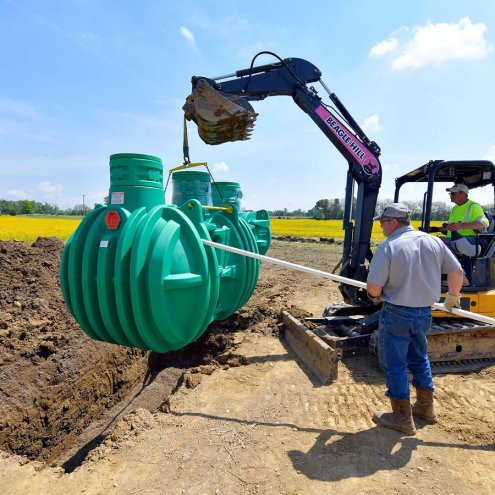
23
Seasonal Weather and Septic Systems Tank Your septic system plays a vital role in managing household wastewater, but seasonal weather…
Read more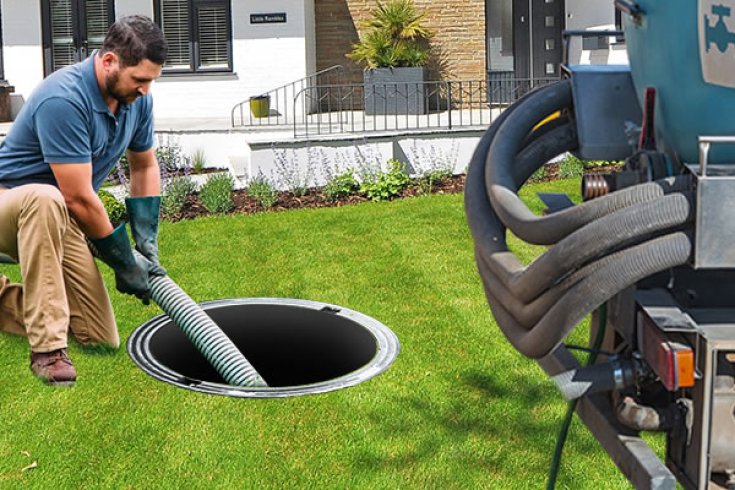
15
Why Toilet Paper Matters to Your Septic Tank Many homeowners don’t give much thought to their toilet paper—until it starts…
Read more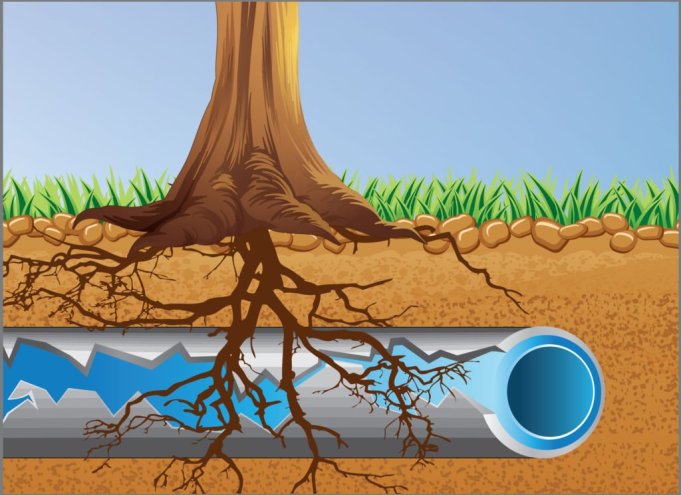
21
Tree Root Infiltration of Septic Systems We love the trees in our yards and in our environment. Just by looking…
Read more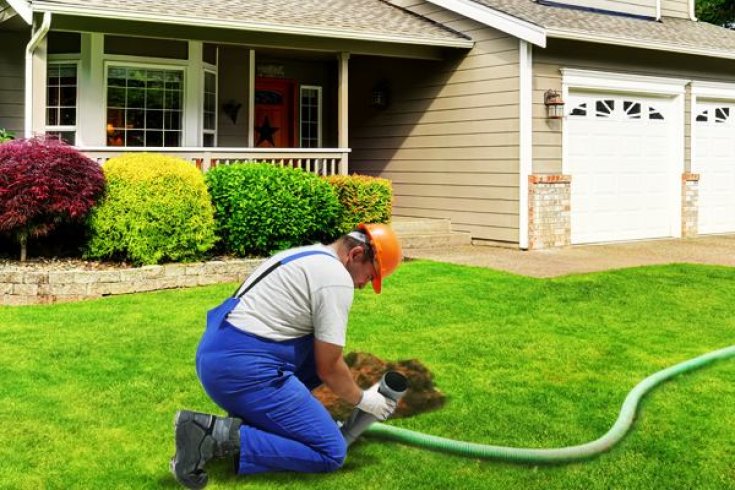
12
Preparing Your Pipes & Drains for the Winter With winter on the horizon, homeowners need to implement specific measures to…
Read more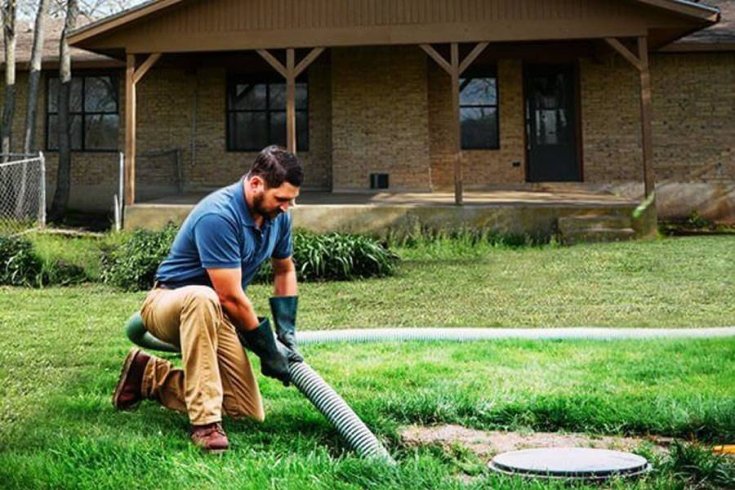
05
Buying a New Home? Invest in a Septic System Inspection When purchasing a new home, many buyers focus on visible…
Read more